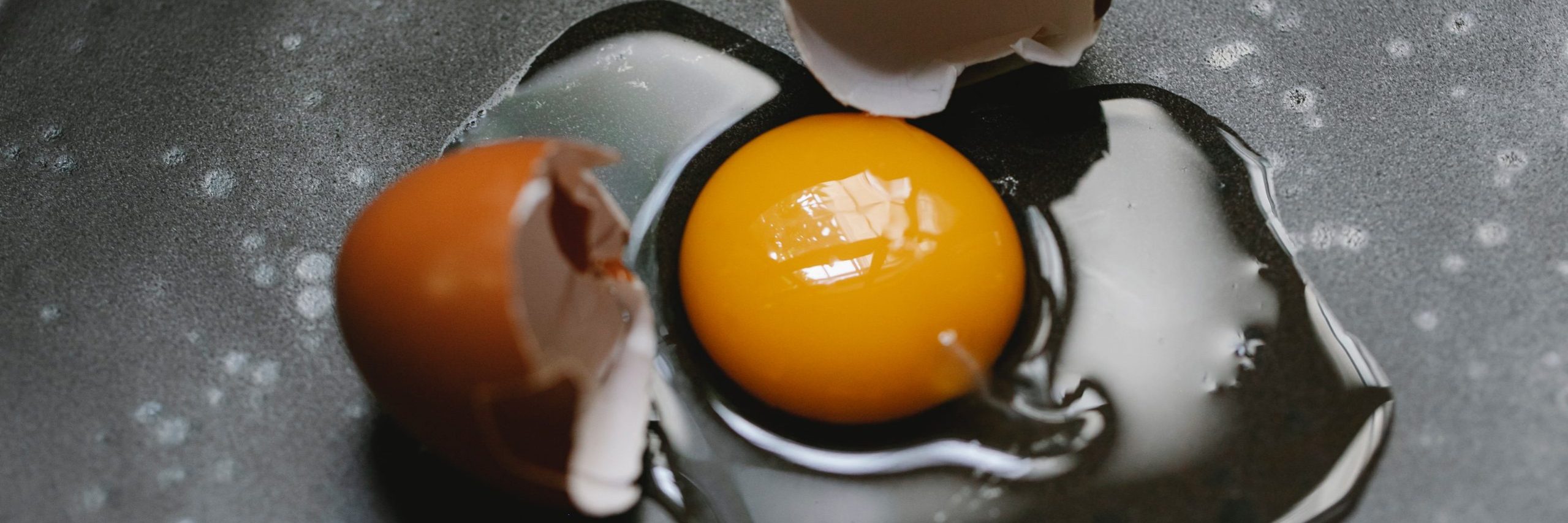Viral TikTok prank where parents crack an egg on their toddler’s head has been criticised. Image credit: Klaus Nielsen via Pexels
Medical experts have expressed concerns over the viral TikTok prank where parents crack an egg on their toddler’s head.
Videos have been posted to social media showing parents with their young children preparing to bake in the kitchen.
Suddenly, the parents will use their child’s head to crack open the egg before pouring the contents into a bowl.
Other variations of this trend include using the head of a partner, sibling, or parent.
The videos have gone viral with the hashtag #eggprank gaining more than 670 million views on TikTok.
Many of these videos are light-hearted and end in both people laughing.
However, when these pranks involve young children, the results are varied.
Many of them are seen crying, looking upset, angry, or stunned.
Children can be heard saying things like “it’s not funny” and “that hurts”.
Several medical experts have criticized the trend, while others say it is unlikely to have long-term effects.
Amanda Mathers, a paediatric occupational therapist who specialises in child development, encouraged parents not to participate in the trend.
“This is bullying and they will grow up thinking that this is acceptable behaviour,” she said in a video on TikTok.
“Let’s raise our children with a little bit more empathy and respect and not use their embarrassment and pain as a way to entertain people on the internet.”
A YouTube user wrote, “I don’t care how mild it may be – they are literally hurting their kids for 10 seconds of TikTok fame?”
Dr Meghan Martin also warned parents that getting raw yolk on your child’s face is a risk of salmonella infection.

Meanwhile, others claim it is “all in good fun”.
TikToker Erisa Mullai said, “I think that if you don’t follow somebody and you see one video that you’re going to make assumptions, you know what I mean?
“Because you don’t know anything more than a 30-second video.”
She said participating in the trend was a fun memory for her and her family.
Rebecca Burger-Caplan, director of child, adolescent and family services at Mount Sinai Hospital, said the egg prank is unlikely to cause serious long-term effects.





